Publishers sometimes charge APCs (Article Processing Fees) or BPCs (Book Processing Fees) when they make work openly available.
In almost every case, publisher's policies will still allow you to make some version of your work available in a repository like CUNY Academic Works, even if you don't pay for the publisher to make it openly available on their website. Unless your grant requires immediate open access, I would recommend relying on Academic Works rather than paying a processing fee.
Note, too, that many publishers make work openly available without charging fees to authors.
Some (although by no means all!) open access journals require author processing charges (APCs) for publication. This is not necessarily a sign of a poor-quality journal; on the contrary, many highly respected organizations like PLoS survive on article processing charges.However, it is a problematic practice, as it excludes those who do not have funds for this from their institution or grants.
APC amounts vary depending on the field in which you are publishing and whether the journal you've selected is published by a commercial publisher or an institution, scholarly society, etc. Commercial publishers charge more.
Grants can often cover APC costs, especially when making a work openly available is one of the grantor requirements, so it's a good idea to write these costs into the grant. Otherwise, funds that can cover these costs exist at the QC and CUNY levels. Research at Queens College is one place to start looking.
Many toll access journals offer an option to make individual articles openly available by paying an APC. This is informally called a hybrid model, although publishers usually use language like "author's choice" or refer to this as "gold open access" (although note that these are not gold open access journals!).
Such journals typically have different policies for paid articles than for unpaid; their contracts reflect this.
CUNY Libraries do not recommend paying to make your article available in a hybrid model, because:
